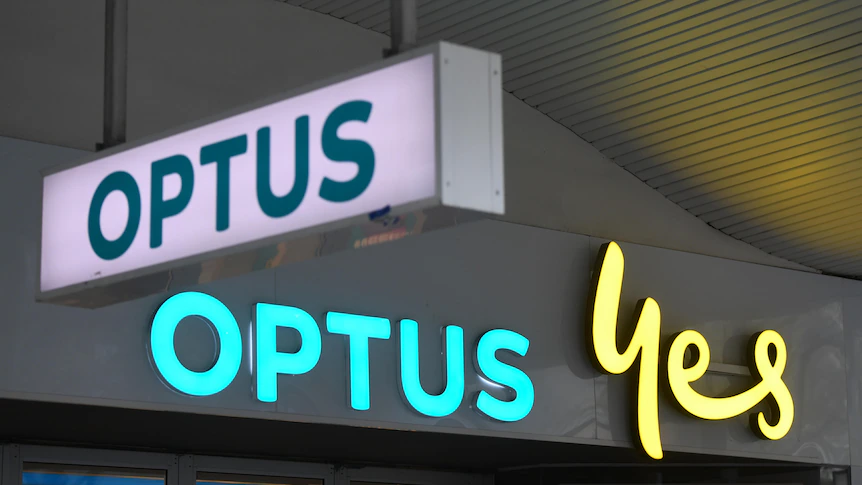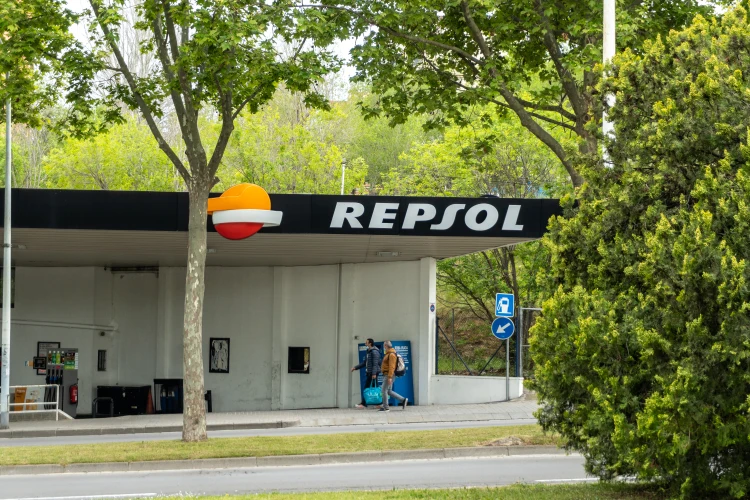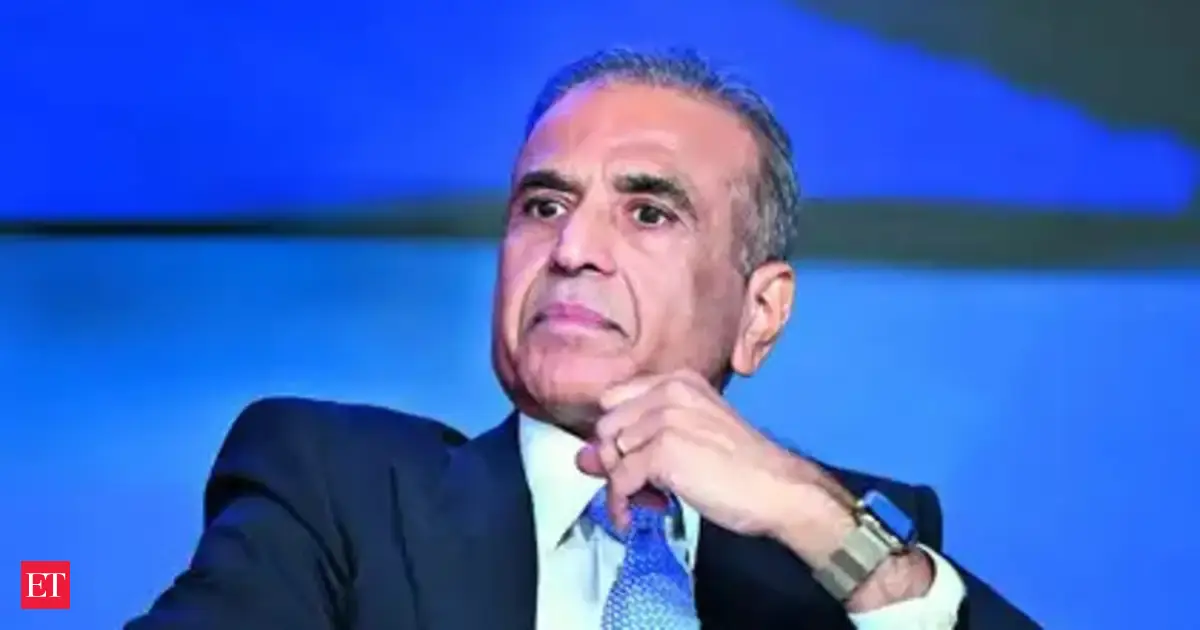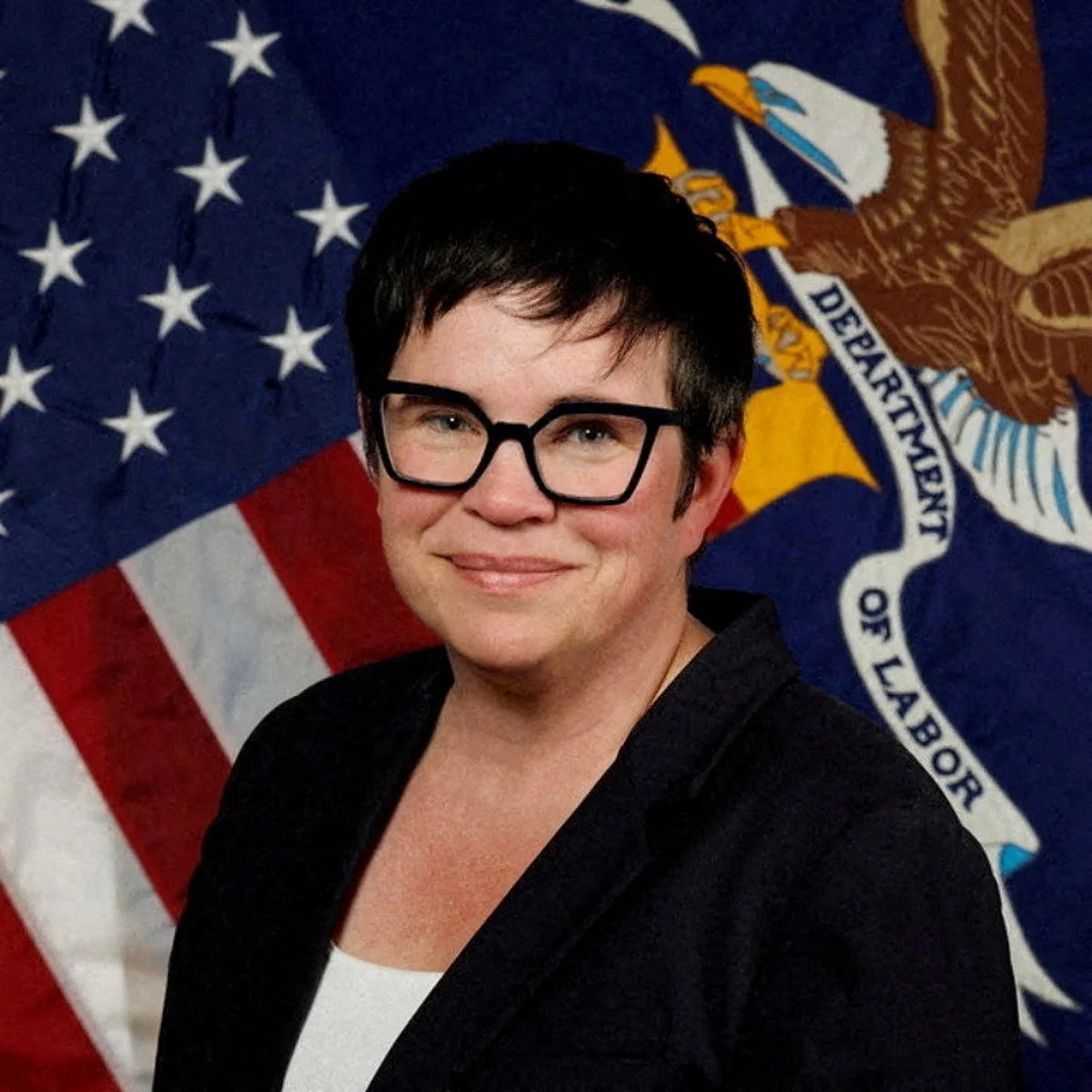By David Taylor
Copyright abc

The word “sorry” has little meaning if you know there is a possibility you will transgress again.
Ideally, after saying sorry, you then make every effort to ensure the mistake is not repeated.
If a company makes several missteps over a number of years, you could reasonably assume the management is either incompetent or negligent.
These words are now being used by industry experts to describe a provider of crucial telecommunications infrastructure in Australia.
The actions by Optus management in the hours following a series of failed attempts by its customers to call triple-0 raise questions about the telco’s fitness to operate in Australia.
But who’s really pulling the strings at Optus?
I’m telling you for the last time
I think you can safely assume that Optus has needed crisis management experts on speed dial in recent years.
Earlier this year, Optus Mobile admitted — following court action brought by the ACCC — to engaging in unconscionable conduct when selling telecommunications goods and services to hundreds of customers.
The sales practice, imposed on more than 400 customers at 16 different stores across Australia, occurred between August 2019 and July 2023.
Many vulnerable people — and those experiencing disadvantage — were sold phones or signed up to contracts they did not want or need or couldn’t afford or use, the watchdog found.
The ACCC and Optus agreed the telco should pay a $100 million penalty.
In 2022, Optus suffered a cyber-attack that affected the data of around 9.5 million Australians.
And on November 8, 2023, Optus experienced a nationwide network outage which caused significant disruption across Australia for individuals and businesses, including access to triple-0 calls.
The ACMA found Optus failed to provide access to the emergency call service for 2,145 people during the outage.
After Optus was fined for this in 2024, the public was assured it would not happen again.
On Friday evening, after Optus announced another network upgrade which affected 600 customers’ ability to access the triple-0 emergency service was linked to three deaths, a reporter reminded Optus CEO Stephen Rue of his promise last year.
He replied, “I share your frustration.”
Radio silence
What’s curious though is the lack of communication — ironic for a telecommunications company — in the hours following the time we know customer complaints first began to surface.
The reporter above asked Mr Rue, “Do you have any idea what may have happened?”
He replied, “The facts are still being established.”
This comment from Mr Rue was made approaching 48 hours since the incident occurred, following a similar problem years earlier.
We now know several Optus customers called an offshore call centre on Thursday morning to complain about not being able to reach triple-0 services.
So, what was Optus doing between before midday on Thursday September 18, and 5:44pm AEST on Friday evening when the CEO spoke at a snap media conference that was due to start at 5:30pm?
“We have been establishing the facts,” Mr Rue told reporters.
Mr Rue told reporters it was “standard process” to first restore the triple-0 service, which it did, then undertake welfare checks.
The CEO then said it was decided, assumingly among Optus management and its communications team, to speak to the media once the “welfare checks” had been completed.
Three people had died trying to access the emergency triple-0 service on Thursday morning using Optus telecommunications, and by midday, the following day the Australian public was none the wiser.
Experts scratching their heads
Corporate governance expert Thomas Clarke said the sequence of events between Thursday AM, and Friday evening, that were offered up by CEO Stephen Rue, simply don’t add up.
Professor Clarke told The Business that Optus should have informed the Australian public — one way or another — within minutes of hearing triple-0 calls for some customers had not been successful.
The company did not need to confirm the results of 600 welfare checks before making a public disclosure that something was amiss.
“[Optus should have made an announcement] I would say minutes, and if not minutes, certainly within an hour or two [of the incident],” UTS professor and corporate governance expert, Thomas Clarke, said.
Veteran investment manager Roger Montgomery agreed with that.
“[Optus needed to update the market] as it happened, unless it was possible prior,” he said.
Telecommunications consultant Paul Budde agreed with Thomas Clarke and Roger Montgomery.
“Absolutely [the company should have disclosed the information immediately],” he said.
Marcus Today senior portfolio manager, Henry Jennings, also agreed. He said the public (and by default investors) needed to be informed immediately following the incident.
“As soon as it became aware of the issue [the public should have been notified],” Mr Jennings said.
“[It’s] more about the risks to the public than the risks to shareholders.”
Where is Singtel?
What’s also being missed in this discussion is Singtel’s role.
Optus is a wholly owned subsidiary of Singapore Telecommunications (Singtel).
It means Singtel — which is listed on the Singapore Stock Exchange (SGX) — owns all of Optus’s private equity.
Its board has a say in what Optus does, and what happens to Optus has flow-on effects to Singtel’s corporate value or company valuation.
As of Friday evening, after the Singapore stock exchange had closed, Singtel had only forwarded Optus’ media statement onto the SGX where it was published.
Despite the deaths linked to failed Optus communications services, the Singtel share price closed Friday evening up 1.4 per cent.
The corporation’s shareholders had not yet been officially informed of the deaths, or the fact Optus’s upgrade had been met with catastrophic problems.
“[Singtel] had a responsibility not only to immediately investigate what was happening in Australia but also to inform its investors of what is a market material matter,” Professor Thomas Clarke said.
Singtel may well have been working behind the scenes to establish what went wrong, but this was not disclosed to the financial markets.
“I assume it was negligence rather than a conscious decision not to inform the shareholders on Friday.”
As at the time of writing this column, the Singapore Stock Exchange has not published anything further on its site regarding Singtel or Optus.
At one point, during trade on Monday, Singtel’s share price had fallen close to 2 per cent.
The ABC has asked Singtel to clarify what public communications it has made since Thursday morning.
It shouldn’t have happened
While analysts agree the incident relates to an “operational” matter, it goes much deeper than that.
“It’s an operational problem,” Thomas Clarke says, “but the board of directors of Optus has a responsibility to regularly review its emergency [systems].”
You see the problem we have is that mobile services and communications dominate our lives.
It means smart devices now play a critical role in our safety.
Despite this, the industry is dominated by a few big corporate players.
Optus has the second-largest share of the mobile subscriber market in Australia, with roughly 24 per cent of the pie.
Telstra is the largest with 57 per cent share, followed by TPG Telecom.
Paul Budde believes Optus is now becoming accountable for chronic “underinvestment” in infrastructure.
“[Optus’s] infrastructure was not up to scratch.
“[The outage was a] symptom of an underlying problem of underinvestment.” He said.
As it stands, it’s a lottery now as to who will be a telecommunication provider’s next victim.



